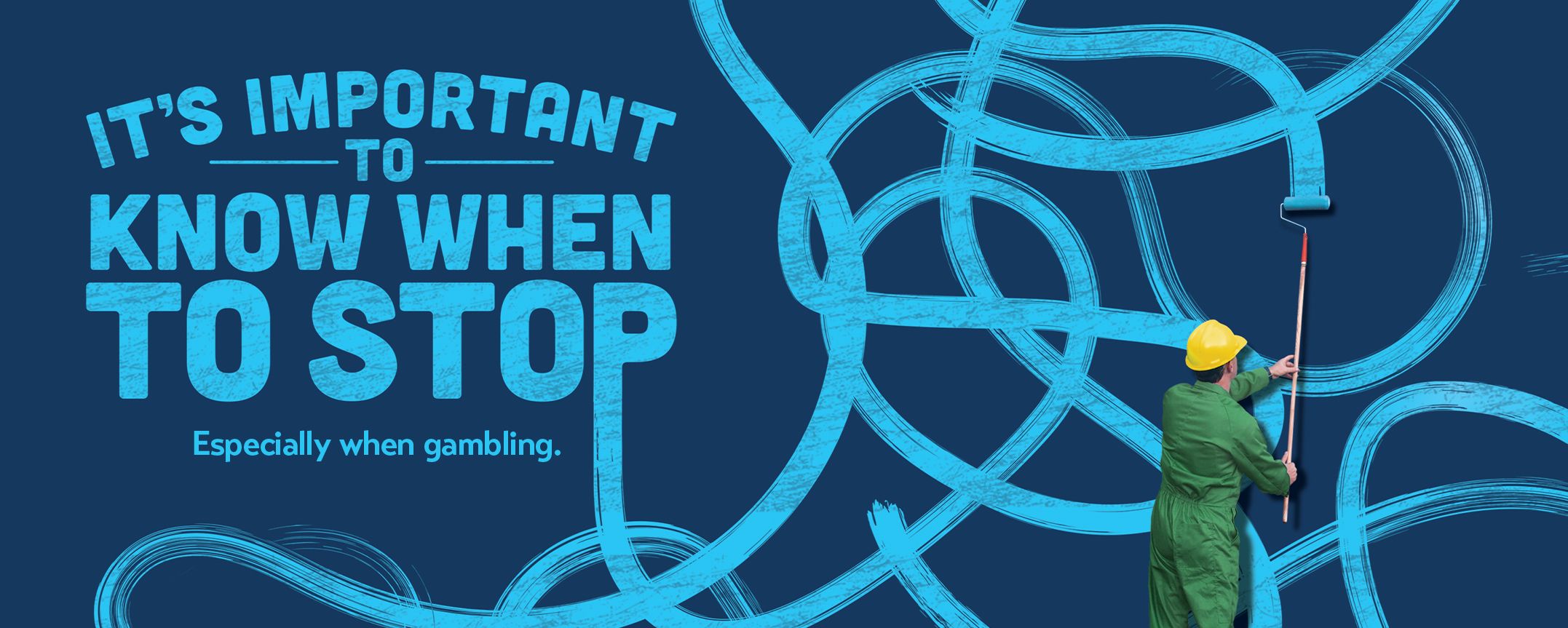It’s Important to Know When to Stop
Call the Michigan Problem Gambling Helpline at 1-800-GAMBLER if you or someone you love is struggling with problem gambling. This helpline is available 24/7, to connect you to a trained, professional counselor who can assist you or a loved one in finding treatment, accessing resources, provide support and help you navigate your next steps.
More Problem Gambling Resources can be found here!
If you do choose to gamble, here are some tips to make sure you are making smart choices with your bets.
Tips for Safe and Responsible Gambling
- The ‘House’ always wins – the odds of the casino winning your money are greater than the odds of you winning the casino’s money.
- Unlink all credit cards and payment methods from gambling sites and apps.
- Give someone you trust the ability to change settings in phones to require a password to download and purchase apps/items in the app. You can also allow them to monitor your spending habits to ensure you are not overspending.
- Avoid gambling when angry, lonely, stressed, depressed, or upset.
- Don’t “chase” your losses by making bigger bets to win back the money you have lost.
- Only gamble with money you have budgeted out – never borrow money or use money that is set aside for necessities (rent or food).
- Limit alcohol and substance intake while gambling. It can impair your thinking and decision-making skills.
- Take regular breaks from gambling and engage in other enjoyable forms of entertainment.
- Practice self-exclusion. Self-exclusion allows a person to request to be ‘banned’ from legalized gambling (in-person and online) in your state or area. Visit the Michigan Gaming Control Board website for Self-Exclusion Forms.


